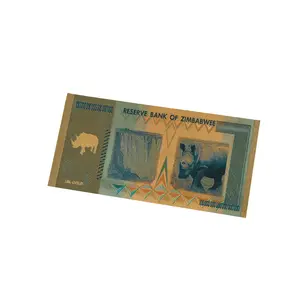Introduction to Dollar Money Currency
The dollar money currency is a prominent player in global markets, serving as a standard of value and a benchmark for international trade. Its influence extends beyond just the United States, as various countries have adopted the dollar for their own currency systems, leading it to become a cornerstone of financial transactions worldwide. Understanding its complexities is crucial for businesses, investors, and individuals who want to navigate the economic landscape effectively.
Types of Dollar Money Currency
Dollar money currency comes in several forms, each designed for specific purposes and functions:
- US Dollar (USD): The most widely recognized dollar, used primarily in the United States and as a reserve currency globally.
- Canadian Dollar (CAD): Used in Canada, this currency often moves in correlation with oil prices due to Canada’s significant oil exports.
- Australian Dollar (AUD): This dollar is also commonly traded and represents the Australian economy, heavily influenced by commodity prices.
- Singapore Dollar (SGD): Widely respected for its stability, the SGD is an essential currency in the ASEAN region.
Function and Features of Dollar Money Currency
The dollar money currency serves numerous functions and is characterized by several key features:
- Medium of Exchange: The primary use of dollar currency, facilitating the buying and selling of goods and services.
- Unit of Account: Dollars provide a consistent measure for pricing items, making it easy to compare values across different goods and services.
- Store of Value: Dollar currency retains value over time, allowing individuals and businesses to save and invest.
- Global Reserve Currency: The dollar is held in large quantities by governments and institutions worldwide, making it a trusted form of currency for international trade.
- Liquidity: Dollar money currency is highly liquid, meaning it can be quickly converted into cash or other investments without a significant loss of value.
Applications of Dollar Money Currency
The applications of dollar money currency are extensive, offering versatility in various sectors:
- International Trade: Businesses use dollar currency for cross-border transactions to minimize exchange rate risks and improve trade efficiency.
- Investment: Investors often use dollar-based assets to hedge against currency risk and diversify their portfolios.
- Tourism: Travelers and tourists frequently use dollars as a reliable currency for purchases in various countries, enhancing global mobility.
- Remittances: Many expatriate communities prefer sending money home in dollars for its stability and global acceptance.
- E-commerce: Online businesses benefit by offering products priced in dollars, appealing to a global audience and simplifying payment processing.
Advantages of Dollar Money Currency
The dollar money currency presents several advantages that increase its appeal:
- Stability: The US dollar is known for its stability, lowering the risk associated with fluctuations in value.
- Widespread Acceptance: With its wide recognition, the dollar is accepted in many regions, making it a practical choice for international use.
- Influence in Global Markets: The dollar’s status as a global reserve currency provides it with significant market sway, offering investors more opportunities.
- Trust and Security: Backed by the US government, the dollar is generally seen as a safe and reliable currency for transactions.
- Inflation Hedge: Holding assets in dollar currency can protect against local inflation rates, ensuring the value of investments is preserved.








 Ready to Ship
Ready to Ship











































